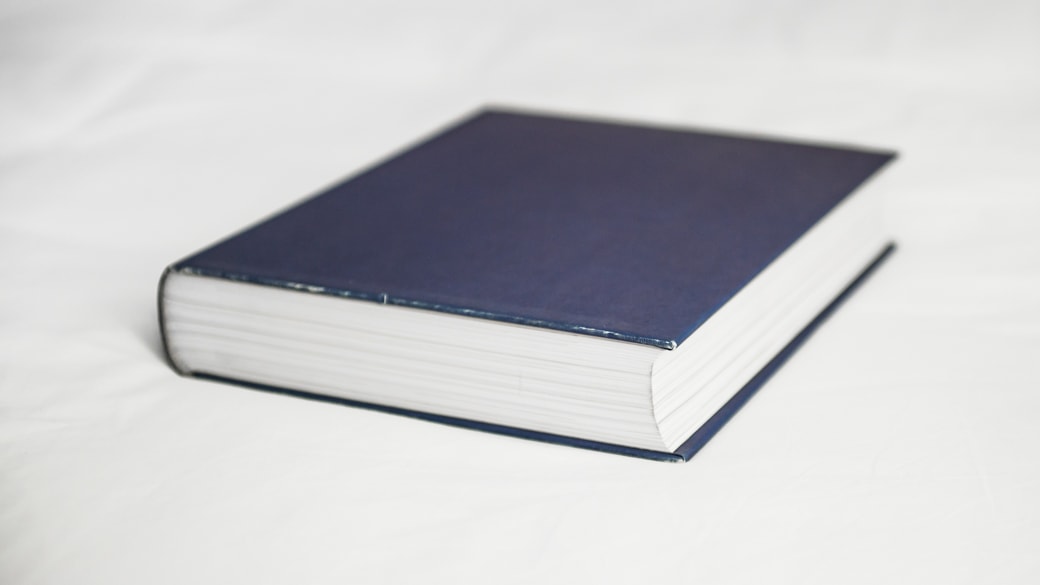Update November 2024
This is the first part of a helpful 4 post series to help students with their A-Level history source questions. You can read the other 3 parts here:
- 2. Use the content of the source (A grade)
- 3. Use knowledge to accurately assess a source
- 4. Use the provenance of the source to assess reliability
NB: Exam boards and schools
I have organised this post article around the general skills required in most A Level specifications. In each section, I have tried to indicate which criteria these skills help to fulfil on the mark schemes of different exam boards. If you’re looking for something specific, use ctrl + F to search for specific words from your exam board’s mark scheme.Different schools and teachers explain how to analyse sources in different ways: ‘Content, Origin, Purpose’, ‘What? When? Who? Why?’, ‘Interpretation, Knowledge, Provenance’, etc. When I tutor, I always try to develop the approach that a student has been taught in school, so that we build on existing skills, rather than starting from scratch. When using this guide, try to do the same yourself, by working out how the skills below correspond to what your teacher asks you to do in lessons.
1. Use short quotations
This will help you achieve the following mark-scheme criteria:
AQA: ‘Shows a very good understanding of all three sources in relation to both content and provenance’
‘present a balanced judgment…for the particular purpose given in the question’
Edexcel: ‘Interrogates the evidence of both sources with confidence and discrimination’
OCR: ‘a convincing, fully supported analysis of [the sources]’
Identify the particular part of the source which tells you something. A good historian can learn a lot from individual words. Avoid quotations that lift full sentences, like this one about the Emperor Charlemagne, who died in 814: ‘The source tells us that Charlemagne “will be remembered for the tempered severity with which he subdued the iron hearts of Franks and barbarians.” This suggests that Charlemagne’s greatest success was conquering other peoples.’ Instead, pick out particular words: ‘The reference to subduing “barbarians” suggests that Charlemagne’s greatest success was conquering other peoples.’ Not only is this more skilful, but it’s shorter, saving you precious time in the exam.
2. Make inferences
This will help you achieve the following mark-scheme criteria:
AQA: ‘Shows a very good understanding of all three sources in relation to both content and provenance’
Edexcel: ‘Interrogates the evidence of both sources with confidence and discrimination’
‘making reasoned inferences and showing a range of ways the material can be used’
OCR: ‘engage with the sources’
‘convincing, fully supported analysis’
This means learning something beyond what is actually written or shown. Imagine your source is Magna Carta, an important document from the year 1215: ‘The source tells us that the king would no longer levy taxes without “the common counsel of our kingdom”.’ If you followed up like this, you aren’t doing any more than understanding the words in the source itself: ‘The source tells us that the king would no longer levy taxes without “the common counsel of our kingdom”. This means that the king was not going to take money unless his people advised him to do it.’ Instead, you need to learn something that was not written in the source. For example: ‘The source tells us that the king would no longer levy taxes without “the common counsel of our kingdom”. This suggests that there was anger at the taxation King John had levied, and this may have caused conflict between the king and his barons.’ The following sentence-starters may help to show that you are doing this:
- This suggests that…
- This implies/might imply that…
- This gives the impression that…
3. Make sure your inferences are relevant to the question
This will help you achieve the following mark-scheme criteria:
AQA: ‘present a balanced argument on their value for the particular purpose given in the question’ Edexcel: ‘Interrogates the evidence of both sources with confidence and discrimination’
OCR: ‘The answer has a very good focus on the question throughout’
Your inference must be something related to the topic you are asked about. Imagine you are faced with a source produced by General Douglas MacArthur, an American general in the 1940s and 1950s, and have to answer this question: ‘With reference to these sources and your understanding of the historical context, assess the value of these three sources to an historian studying the consequences of Soviet expansion.’ The following statement would be irrelevant, as it is about the USSR’s aims, not the consequences of expansion: ‘General MacArthur’s reference to preventing “global conquest” implies that the USSR expanded in order to build an empire.’ As the question is about consequences, this would be better: ‘General MacArthur’s reference to preventing “global conquest” implies that Soviet expansion may have provoked a reaction from the USA.’
Summary
If you make sure that you have followed these tips, you are showing the examiner that you have a solid grasp of how to handle sources.
- Use short quotations
- Make inferences
- Make sure your inferences are relevant to the question
In his next article, Andrew will set out how to go that bit further and achieve an A grade in the Source questions. You can read this here:
